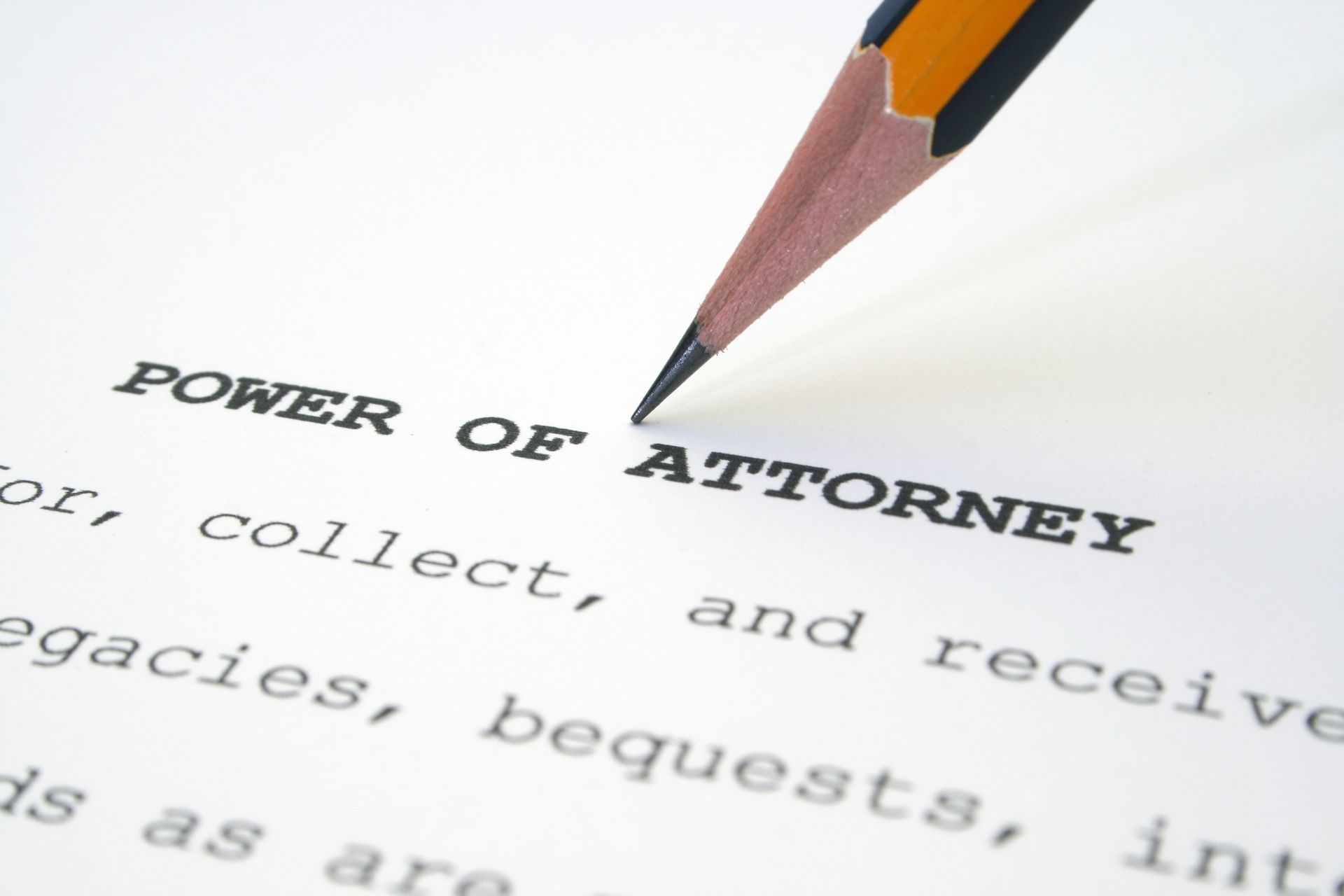Understanding Compensation Calculations in Connecticut Truck Accidents
Understanding Compensation Calculations in Connecticut Truck Accidents
Being involved in a truck accident can be a traumatic experience, both physically and emotionally. If you have been injured in a truck accident in Connecticut, you may be wondering how compensation is calculated and what legal options are available to you. At Maffeo Law Offices, we help Connecticut residents navigate the complexities of truck accident cases and ensure they receive the compensation they deserve.
When it comes to calculating compensation for a truck accident in Connecticut, several factors come into play. These factors include medical expenses, lost wages, pain and suffering, property damage, and any future expenses related to your injuries. In order to determine the full extent of your damages, it is crucial to gather all relevant evidence, such as medical records, expert testimonies, and police reports.
In Connecticut, compensation for a truck accident is typically determined based on the concept of negligence. This means that the party at fault for the accident is responsible for compensating the victim for their losses. However, it can be challenging to prove negligence in a truck accident case due to the complexities involved. This is where having an experienced attorney on your side can make all the difference.
At Maffeo Law Offices, we understand the intricacies of Connecticut's laws surrounding truck accidents and have successfully helped numerous clients secure fair compensation for their injuries. Our team will work tirelessly to investigate the circumstances of your accident, negotiate with insurance companies on your behalf, and represent you in court if necessary.
In addition to compensatory damages, victims of truck accidents may also be entitled to punitive damages if the at-fault party's conduct was particularly egregious or reckless. Punitive damages are designed to punish wrongdoers and deter similar behavior in the future. Our attorneys will assess your case thoroughly to determine if punitive damages are appropriate in your situation.
If you have been injured in a truck accident in Connecticut, do not hesitate to reach out to Maffeo Law Offices for expert legal guidance and representation. We are committed to fighting for justice on behalf of our clients and will do everything possible to ensure you receive the compensation you deserve. Let us handle the legal complexities while you focus on recovering from your injuries. Contact us today for a free consultation and take the first step towards obtaining justice after a truck accident.










